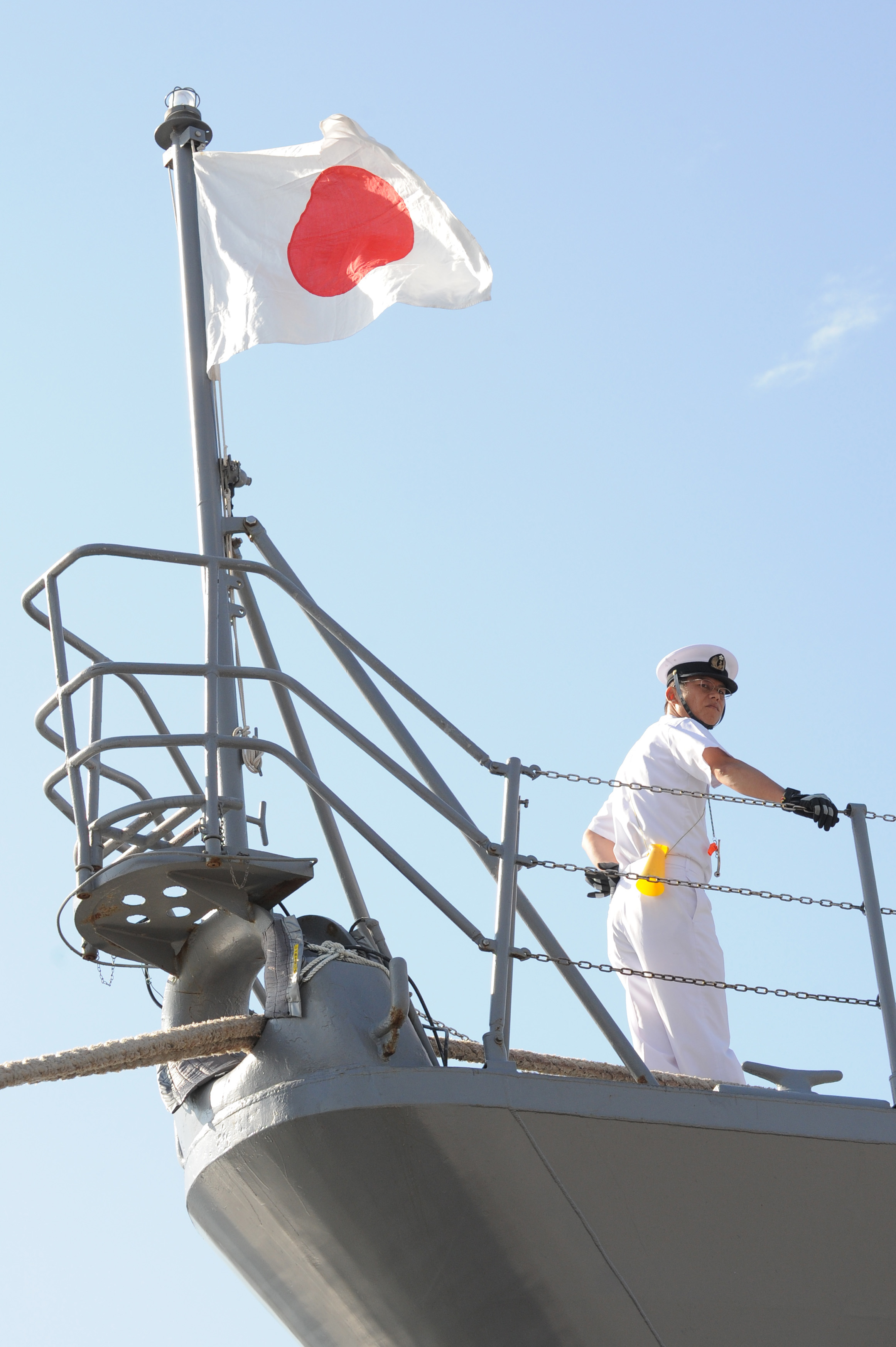ID :
371265
Tue, 06/16/2015 - 12:47
Auther :
Shortlink :
https://oananews.org//node/371265
The shortlink copeid
Tokyo rejects reports on ‘studying possibility’ of Japan’s foreign minister visit to Russia

TOKYO, June 16. /TASS/. Japan’s Foreign Ministry has not confirmed media reports that Moscow and Tokyo have started examining a possibility of holding the visit of country’s top diplomat Fumio Kishida to Russia this autumn.
"Nothing has been yet decided," a representative of Japan’s Foreign Ministry told TASS, declining to give more comments on the issue.
Japan’s leading business daily Nikkei Shimbun reported last week that the governments of Japan and Russia began considering a possibility of the visit of Kishida to Moscow this autumn. According to the Kyodo news agency, Tokyo wants this visit to take place in September.
Media reports said the foreign minister could visit the Russian capital together with a group of Japanese entrepreneurs.
Kishida’s trip to Russia was planned for last spring. However, the plans were not fulfilled due to the events in Ukraine and Tokyo’s joining the Western sanctions against Russia. This trip is considered as a very important part of preparations for the visit of the Russian president to Japan.
Tokyo has not confirmed its timeframe since last year, although it sent a respective invitation to Moscow a long time ago.
The final decision on Kishida’s possible visit to Moscow will be however made "upon coordination with the US on the issue of increasing pressure against Russia due to the situation in Ukraine," the newspaper said.
Japan’s Prime Minister Shinzo Abe said after the G7 summit in Germany that he wanted the visit of President Vladimir Putin to Japan to take place during the year. He said the dialogue with Moscow was necessary to find solution to the dispute over the Northern Territories, the way Tokyo calls the Southern Kurils in Russia.
The Kuril Islands, which used to be Japan’s territory before WWII but became part of Russia as a result of the Manchurian Strategic Offensive Operation at the end of WWII, have been a source of dispute between Russia and Japan all through the post-war period.
Read more





